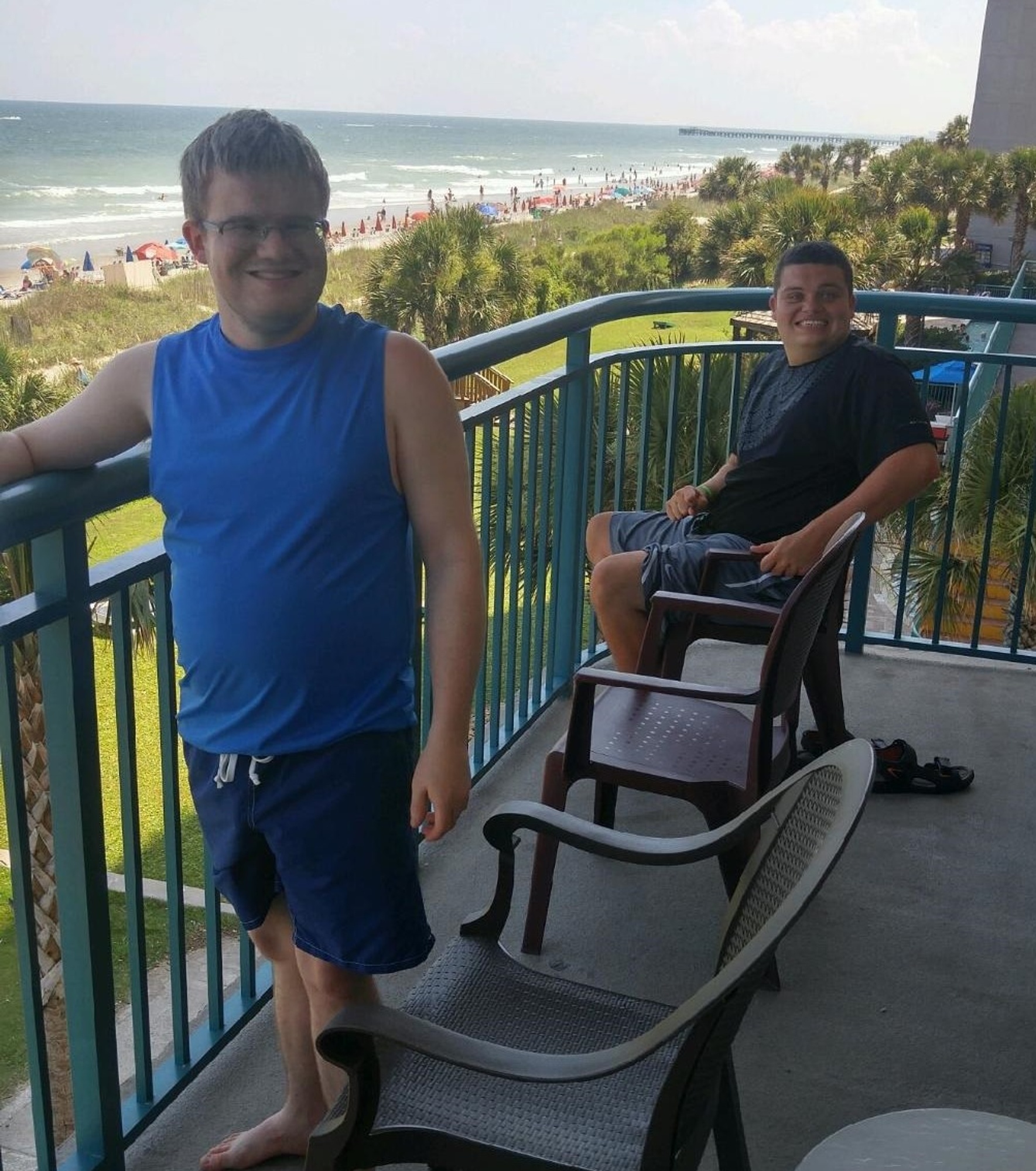To Travel is to Live. -Hans Christian Andersen
Sept. 30, 2021
While a novel concept in the world of disabilities, we believe the research that shows that vacations are an important part of wellbeing providing both emotional and health benefits, applies to individuals with developmental disabilities. The debate of vacation entitlement has never included adults with neurological disabilities, but perhaps they benefit from vacations as much or more than neurotypical individuals. The cost of vacation or travel has long been the reason that vacationing has fallen into the category of luxury. While cost is the biggest challenge we face in offering travel opportunities to the individuals we serve, we feel that the benefits far outweigh the cost. The biggest barrier to keeping costs down is the implementation of the Americans with Disabilities Act (ADA) for individuals with neurological disabilities. ADA covers individuals with autism and other neurodevelopmental disabilities promising them all accommodations needed to allow them to participate in activities at the same cost as their non-disabled peers. However, putting this into practice for individuals who need a caregiver to participate in activities, presents a hurdle that is hard for many to get over. Society has been able to adjust to the mandates for ramps, interpreters, elevators, etc.; but caregivers still present a problem. Admittance to venues free of charge to accompany a person with a disability is a hard concept for business owners trying to make a living and society in general. As we have seen with “emotional support animals”, non-disabled individuals are only too anxious to take advantage of any cost benefits afforded to disabled individuals through ADA. To prevent non-disabled people from taking their pets on airlines, into hotels, etc. free-of-charge, the ADA had to distinguish between “psychiatric service animals” (covered under ADA) and “emotional support animals” (not covered under ADA). Unfortunately, this type of distinction has not been made with people who take care of people with neurological disabilities. Like substituting your pet for a “psychiatric service animal”, it is easy to claim caregiver status of a person who is “assisting” a non-disabled person. This makes implementation cost prohibitive for business owners who have no way of distinguishing between the two. We would propose a way to distinguish between caregivers who are paid by Medicaid and, therefore, medically necessary and those who are not. Until this distinction can be made, it will be impossible for business owners to absorb the cost of providing Medicaid-funded caregivers free admittance under ADA. Especially business owners who rely on higher-priced admission or ticket costs to sustain their business, like airlines and professional sports venues. We are not advocating for individuals with disabilities to receive free or reduced admission or tickets. We are advocating that a Medicaid-paid caregiver required as an accommodation for the individual to participate in the activity should not have to pay admission or ticket charges. Distinguishing between Medicaid-paid caregivers that are medically necessary and babysitters or nannies is the only way this accommodation is equitable for both the individual with the disability and businesses. Without this distinction, adults with disabilities are left paying double or triple the amount that a neurotypical individual pays for the same travel opportunity and this is a large barrier to overcome. We have used fundraising and the like to offset this issue, but this cost burden continues to fall solely on the individual with a neurodevelopmental disability and their family instead of many businesses.
